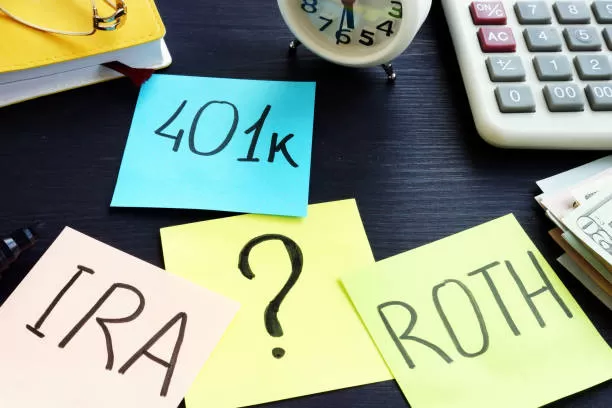The challenge of – How much do I need to retire has ever crossed your mind? There is an entire new population of people who want to retire, even if the word “retire’’ has different meanings for different people.
But, whether your retirement means leaving the 9-to-5 rat race in order to fulfill your dream of becoming a wood-worrying wizard, or if you really intend to stop working altogether, you must ask yourself whether you are ready financially to take that step.
There is a simple answer to this question – does your income exceed your expenditures – but there are factors that will change that answer over time.
There is much to consider when deciding to retire. Here are some of the questions you need to ask yourself.
Issues of Income
When you retire, you are no longer earning a regular paycheck. You can determine your income from your savings, pensions and investments. In the cases of savings and investments, the amount of money you can access will be determined by your personal choice.

We assist you to invest in future by helping you save for retirement
Social Security
Once you reach the age of 62, you can consider accepting your Social Security benefits. For example, a monthly check of which the amount is determined by how much you put into the system during your time as a federally taxed worker. But, the most important fact about Social Security benefits is that, while they will continue until you pass away, the longer you wait to start accepting benefits, the higher the monthly payment will be.
The difference between beginning Social Security payments as soon as you qualify, at age 62, to waiting until SS benefits maximize at age 70 can be as much as $1,000 more per month, depending on how much you put into the system during your workdays.
Moreover, the average monthly Social Security payout is less than $1,500, and the maximum monthly amount in 2019 was $2,860. Neither amount is substantial; Social Security is supposed to be a supplemental income for most people.
There are, however, reasons for taking the Social Security benefits early: if you need the income, or if your health status makes it uncertain you will be alive for 10 or more years after reaching age 70.

Retirement Accounts
If you were wise, you invested in an Individual Retirement Account or a 401(k) during your work life. The idea was to put money away that you could access in retirement.
But there are rules about when you can pull money from those accounts. If you are retiring before the age of 59 ½, you will need to pay a penalty of 10% for every dollar you withdraw from the IRA.
If you wait until you are 59 1/2, there’s no penalty for withdrawal. However, any funds you withdraw will be considered income and will be part of your income tax report.
Investment Income
You have invested in the stock market, and you are ready to use those investments to pay for your retirement. A general rule of thumb is to budget to use up to 5% of your investments annually to pay for retirement.
If your investments have been profitable, you will pay capital gains taxes on the difference between what you paid for a stock and what your stock is worth when you cash it in.
Your tax advisor can assist you in determining the best way to access your investment funds. Furthermore, he can tell you how much you should save by the time you retire.
Part-Time Income
You think you want to retire, but do you, really? Or is it your intention to stay active by taking on some part-time work?
If that is the case, that is more income for you to put on the positive side of the ledger. However, since you have not yet retired and have not yet started that part-time work, you need to try to estimate the amount you are going to make in that new role.
Expenses
How much money do you spend in a month? You need to consider all of your living expenses. A few living expenditure includes housing (rent or mortgage), food, utilities, insurance (health, auto, and home), and other regular expenses.
Since your decision to retire is based on whether your income is higher than your expenses, you need to do a thorough check of your expenditures.
Look at your bank statements over the past year to see if you have regular expenses that might not immediately come to mind (online webpage subscriptions for broadcast networks or magazines is one that is often forgotten).
Reducing Expenses
In retirement, it is likely that some expenses will be eliminated, including the cost of traveling to or for work. If you have work-related expenses that you itemize on your tax return annually, those expenses are likely to be reduced. Or else, such expenses are possibly removed from your budget going forward.
Are there other ways you can reduce your expenditures? Do you eat from restaurants often?
New Expenses
When you consider retiring, you likely have an idea how you want to spend your time in retirement. Do you intend to travel (a favorite activity for retirees)? Are you going to finally join a health club? Are you actually intending to spend time with friends and eat out more often, or attend movies, plays or other social activities that are going to cost you?
The last thing you want to do is retire and find that all of the dream activities you had in mind for your post-work life are out of reach economically.
Predicting the Future
How long are you going to survive? You obviously don’t know the answer to that question that how much do I need to retire but you might have an idea based on your current health situation, and the health history of your parents. The longer you expect to live, the more funds you will need to lead the retirement life you have planned. If you are retiring with 30 years of life expectancy ahead of you, that’s a major consideration in determining whether you are ready to retire at this time.








